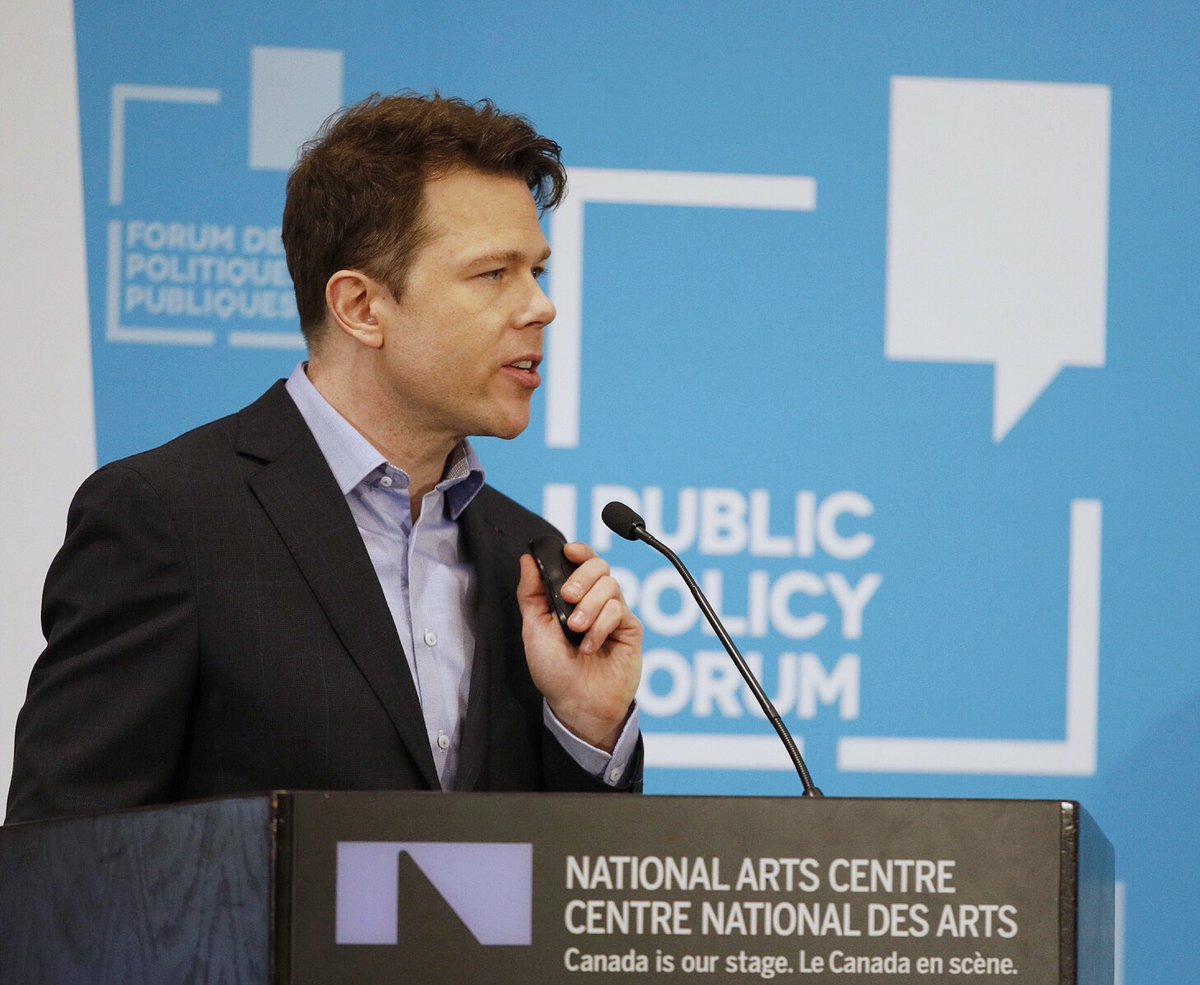
Social Media and Democracy: What Can be Done?
A panel of top digital media thinkersSpeakers
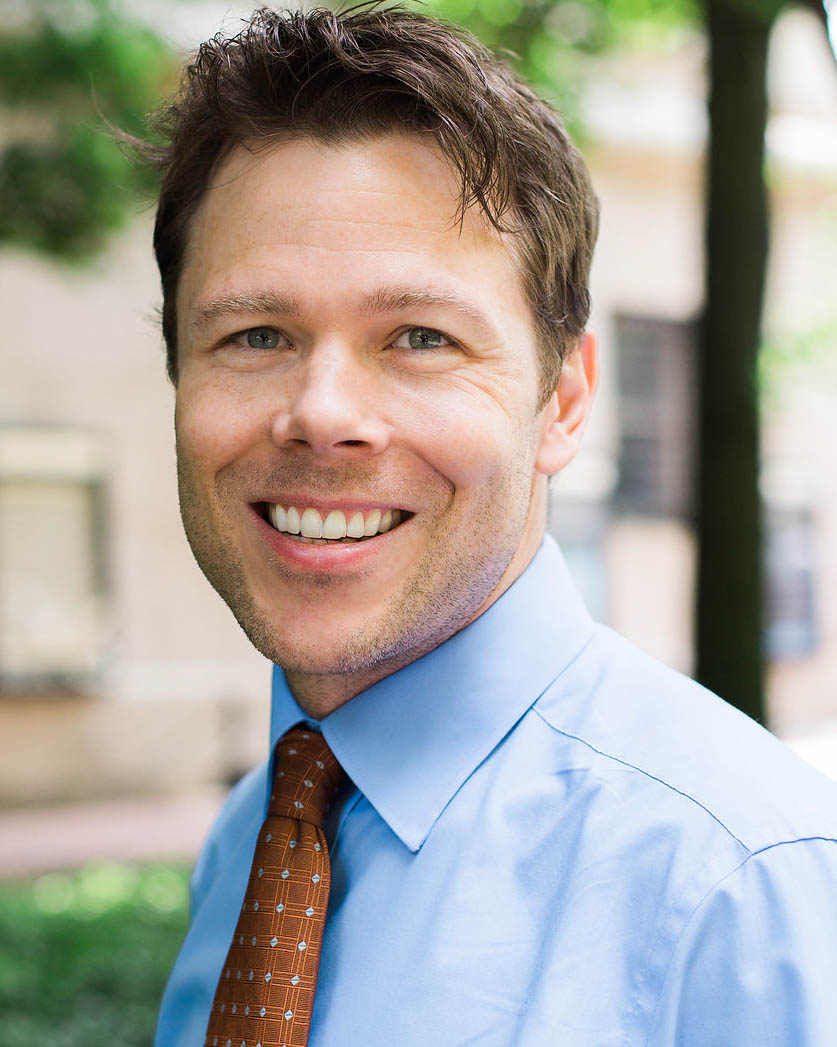
Jonathan Albright is the Research Director at the Tow Center for Digital Journalism. Previously an assistant professor of media analytics in the school of communication at Elon University, Dr. Albright’s work focuses on the analysis of socially-mediated news events, misinformation/propaganda, and trending topics, applying a mixed-methods, investigative data-driven storytelling approach.
He is a co-author of Pew Internet’s recent report, “The Future of Free Speech, Trolls, Anonymity and Fake News Online,” and has undertaken an extensive investigation uncovering and mapping the emergent news ecosystem. He has presented his work at a number of leading international forums, including keynotes and panels at Johns Hopkins University, the International Journalism Festival, London School of Economics’ Polis, the Oxford Internet Institute, and Columbia’s own SIPA. Albright’s work and mapping projects have been featured in The Guardian, The Washington Post, CBC’s Spark, and Fortune Magazine, and cited in The New Yorker, Associated Press Technology, BuzzFeed, Fox Business, Quartz, and the BBC. His network visualizations have been exhibited at the Queensland Art Museum. In addition to his award-nominated work for The Conversation, he has been a contributor to The Guardian, Medium, The Huffington Post, and LSE’s Impact and US Politics and Policy blogs. He is an alumnus of the Oxford Internet Institute’s Summer Doctoral Programme, a past participant at the University of Amsterdam’s Digital Methods Initiative, and has worked for Yahoo, Google, and McClatchy. He holds an MS from the University of Oregon’s SOJC and a PhD from The University of Auckland.
Jonathan is a Faculty Associate at the Harvard Berkman Klein Center for Internet and Society.

Peter Loewen is the Director of the School of Public Policy and Governance and Associate Professor of Political Science at the University of Toronto. He studies elite and citizen behaviour and the role of technology in improving governance and representation. He has published in leading journals including the Proceedings of the National Academic of Sciences, American Journal of Political Science, Journal of Politics, Transactions of the Royal Society B, and Political Communication. Previously, he served as Director of the Centre for the Study of the United States at the Munk School of Global Affairs. He received his PhD from the Université de Montréal and his BA from Mount Allison University.
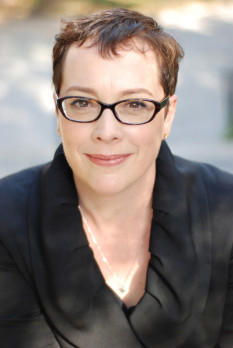
Julia Angwin is an award-winning investigative journalist at the independent news organization ProPublica.
From 2000 to 2013, she was a reporter at The Wall Street Journal, where she led a privacy investigative team that was a Finalist for a Pulitzer Prize in Explanatory Reporting in 2011 and won a Gerald Loeb Award in 2010. Her book, Dragnet Nation: A Quest for Privacy, Security and Freedom in a World of Relentless Surveillance, was published by Times Books in 2014.
In 2003, she was on a team of reporters at The Wall Street Journal that was awarded the Pulitzer Prize in Explanatory Reporting for coverage of corporate corruption. She is also the author of “Stealing MySpace: The Battle to Control the Most Popular Website in America” (Random House, March 2009).
She earned a B.A. in mathematics from the University of Chicago, and an MBA from the Graduate School of Business at Columbia University.

Ben Scott is Senior Advisor at two innovative public policy think-tanks – New America in Washington DC and the Stiftung Neue Verantwortung in Berlin. Previously, he was Policy Adviser for Innovation at the US Department of State where he worked at the intersection of technology and foreign policy. In a small team of advisers to Secretary of State Hillary Clinton, he worked to help steward the 21’st Century Statecraft agenda with a focus on technology policy, social media and development. Prior to joining the State Department, for six years he led the Washington office for Free Press, a public interest organization in the US dealing exclusively with media and communications policy. As policy director for Free Press, he headed a team of lawyers, researchers, and advocates, and directed a public interest policy agenda to expand affordable access to an open Internet and to foster more public service journalism. He was frequently called as an expert witness before the US Congress. Before joining Free Press, he worked as a legislative aide handling telecommunications policy for then-Rep. Bernie Sanders (I-Vt.) in the U.S. House of Representatives. He holds a PhD in communications from the University of Illinois.
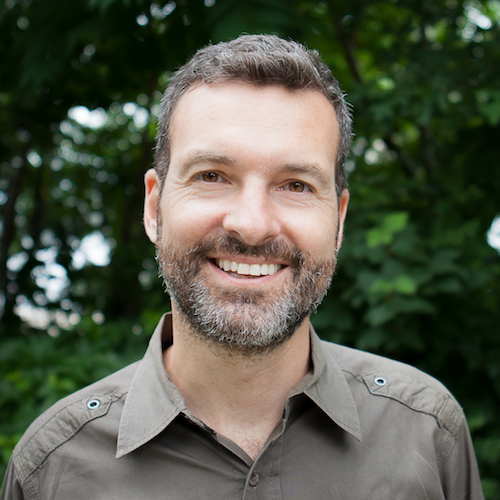
Educator, designer, researcher, speaker, and writer working across industry and academia, being critical about technology with technology. Currently associate professor of media design at the School of Art, Media, and Technology at The New School‘s Parsons School of Design. Previously served as director of the MFA Design and Technologygraduate program (2010-2013) leading a dynamic and diverse faculty and student body designing and building near futures. Co-founded Glossy.io (2013-2015), an A.I. brain learning popular culture through magazines, born at NYC Media Lab, backed by Hearst Corporation, and incubated at the Made in NY Media Center by IFP. Founded the Center for Mobile Creativity, to support research grants from MacArthur Foundation, National Science Foundation, National Institutes of Health, Department of Education, Pearson Foundation, EPFL+ECAL, and Nokia Research Centers. Earned MFA Design and Technology at Parsons in 2000 and BA Art History and Religion with Highest Honors at Bowdoin College in 1997. Married with two children, living in Brooklyn. On Twitterand Medium as @profcarroll.
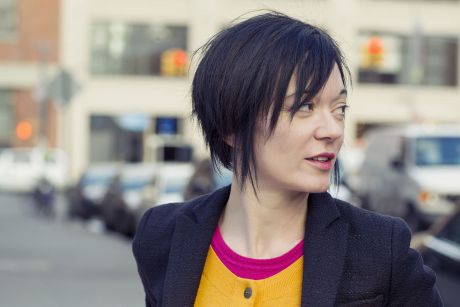
Sue Gardner is a special advisor to the Wikimedia Foundation, the non-profit that operates Wikipedia. From 2007 until 2014 she was its Executive Director. Previously Sue was head of CBC.CA, the website for the Canadian Broadcasting Corporation, and before that she was a journalist working in multiple media including the internet, newspapers, magazines, radio and TV. In 2011 Forbes magazine named Sue one of the world’s 100 most powerful women. Sue serves on boards and advisory committees for a half-dozen global non-profit, educational and grantmaking organizations, primarily related to technology, media, gender and digital freedoms.
Agenda
Registration & Canapés
Welcome and Introduction
Jonathan Albright presentation
Panel Discussion and Q&A
Closing Remarks



